There are two submission deadlines (in March and September). The current submission deadline can be found on the Eurostars website.
Objectives at a Glance
- foster European competitiveness
- create a network of experts, know-how, institutions, and financial resources in Europe
- develop European infrastructures and standards
- provide access to new markets
- strengthen the European single market
EUREKA is a research initiative, not a funding programme. Projects are not funded through a central budget. There are individual arrangements in each member country. Project participation may occur through national funding, equity capital, or other means. There are no topic requirements for any of the EUREKA project types; project participants are free to determine the topic of their project. However, some focal points have emerged over the years.
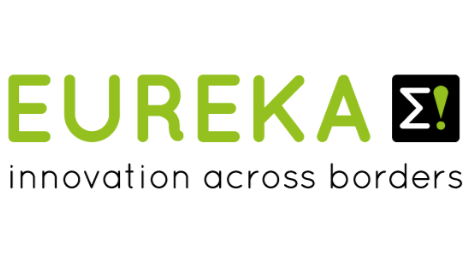
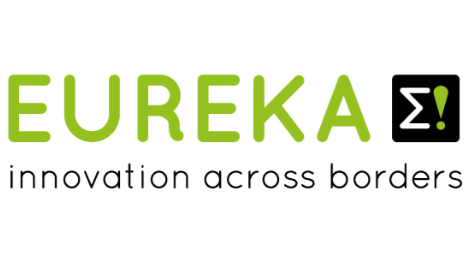
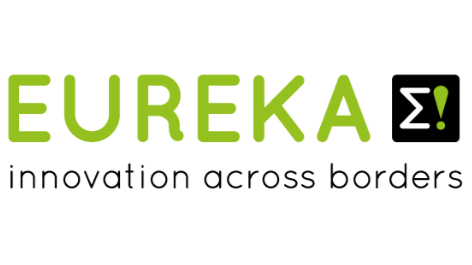
Network Projects
EUREKA network projects are transnational, market-driven innovative research and development projects, promoted by EUREKA and supported by national funding organisations. Network projects are “bottom-up” projects and cover all technological fields. Project proposals may be submitted at any time.
A project consortium comprises at least two partners from two different EUREKA countries. Partners may include SMEs, large companies, universities and research institutions.
Bilateral and Multilateral Calls
Bilateral and multilateral calls foster joint research and development projects for the development of innovative products and methods.
Calls include announcements for specific research areas with a submission deadline. However, EUREKA project proposals without a specific area of research may also be submitted at any time. In either case we advise you to contact the project management agency in due time.
Cluster Calls
Initiated by European industry, EUREKA clusters are long-term and strategically significant initiatives that develop technologies of key importance for European competitiveness. Through their industrial representation, EUREKA clusters have a prominent and active role to play in bringing innovation to the market.
EUREKA clusters always focus on a specific topic. A typical cluster project consists of 2 to14 partners from 3 to 4 countries, the budget ranges from 1.5 to 15 million euros, and the average duration is 30 months.
Eurostars
Eurostars is specifically dedicated to support SMEs in the research and development of innovative products, procedures or services in the scope of transnational collaborations.
Eurostars projects are not restricted to specific technologies. With its “bottom-up” approach, participating partners are free to choose the topic of their project. All projects must have a public purpose.
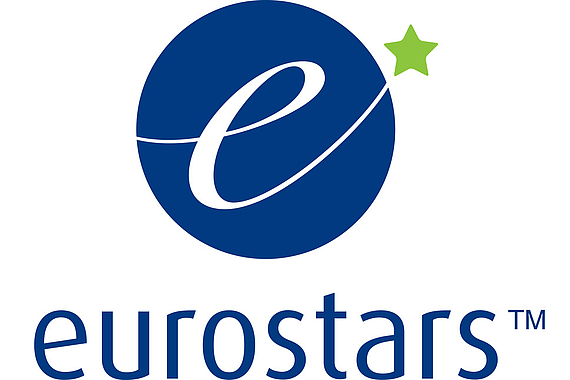
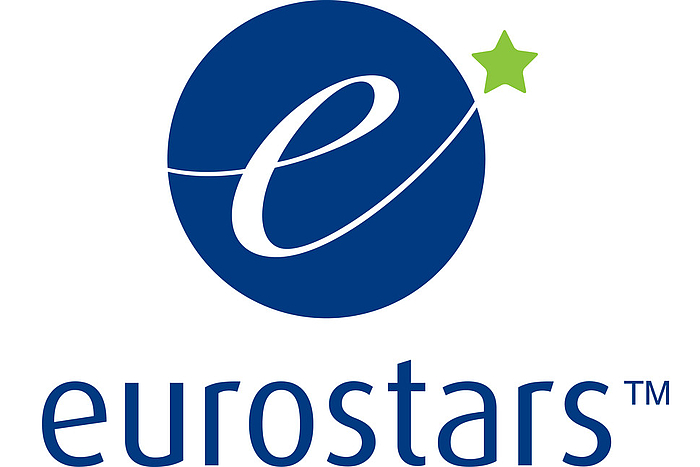
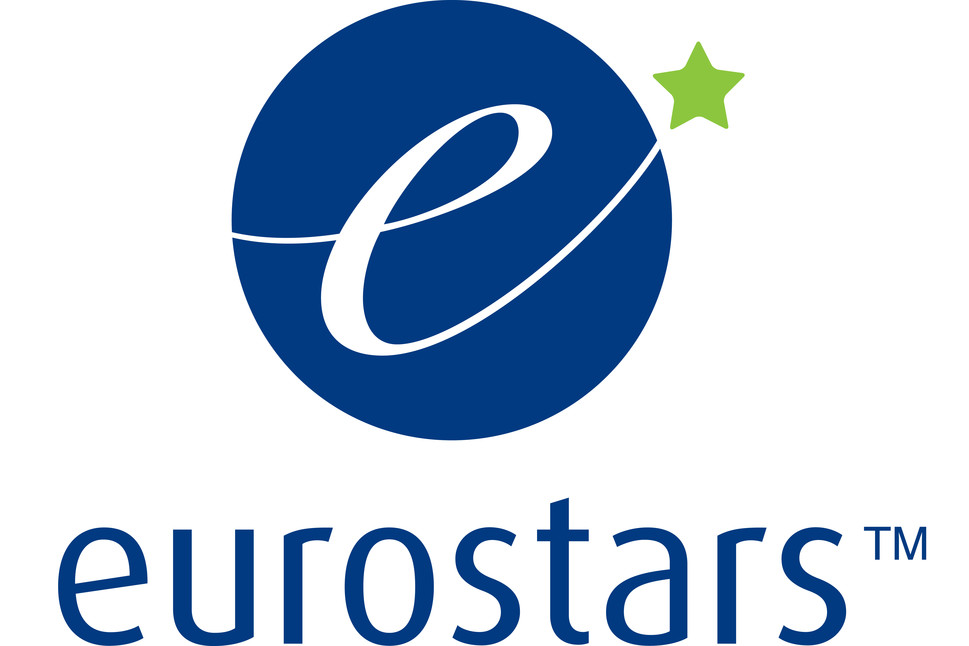
Funding
German project partners receive a maximum of 500,000 euros of joint funding.
Funding of eligible costs:
- universities: 50-100%
- research institutions: 65-100%
- SMEs: 50% of direct costs
- large companies: 0% (participation possible)
Participants
A consortium comprises at least two partners from two different Eurostars countries. The project leader must be an R&D-performing SME, which provides at least 50% of the total project budget (excluding subcontracting).
Proposal Procedure
Submission of the joint Eurostars project proposal in English (approximately 30 pages). The joint proposal must be submitted online via the Eurostars website. Additionally, each organisation participating in the project receives a form, which must be completed, signed, and returned within seven days after the date of receipt. This must be done by a legally authorised representative of the applicant organisation.
In addition to the completed Eurostars form, German partners are obliged to submit their financial report. The financial report must be compiled in the easyOnline portal and submitted as a draft.
Participating States
Austria, Belgium, Bulgaria, Canada, Croatia, Cyprus, Czech Republic, Denmark, Estonia, Finland, France, Germany, Greece, Hungary, Iceland, Ireland, Israel, Italy, Latvia, Lithuania, Luxembourg, Malta, Netherlands, Norway, Poland, Portugal, Romania, Slovakia, Slovenia, South Africa, South Korea, Spain, Sweden, Switzerland, Turkey, and United Kingdom.
Please note:
When preparing your proposal, all national funding regulations of all institutions involved in the project must be taken into consideration. These may be altered between the submission deadlines.
Projects with positive evaluation results will only receive funding if all project partners can provide sufficient resources from their national funding budget.
Further Information on Eurostars
Overview of national funding rules
Please consult the Eurostars website for guidelines on national funding rules and procedures in each Eurostars country. The national announcement can be found on the BMBF website.
Overview of successful Eurostars projects
There are hundreds of international projects funded via the Eurostars programme. The DLR project management agency lists success stories of projects with German partners.
Contact person
30169 Hannover










